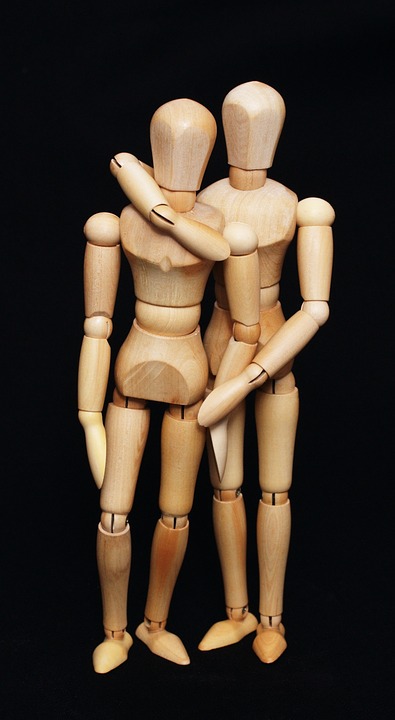In a global society characterised by the constant flow of people, the process of integration into another country brings many challenges. To emigrate and immigrate carries with it undue fighting, happiness, pain and circumstances in which you arrive at a place that is not your own.
 Marcella Via
Marcella Via
Moving from one place to another is a natural phenomenon that has accompanied human beings since their origin. In all forms, with the creation of political states and the birth of nationalisms, land has acquired a more important socio-economic value and people have become sedentary.
In recent times, the imperialist policies which have characterised the international arena have made the number of conflicts, natural disasters and shortage of economic resources rise disproportionately. Consequently, more and more people in the world decide to leave their countries migrating towards a better future.
Even so, migration continues to be a delicate topic. As much as they have tried to carry out investigations and create international organisations that deal with the situation, many times, the migrant appears marginalised from the local community and perhaps criminalised. This complicates their integration into the new society incredibly and leaves the migrant in limbo.
The marginalisation is seen in the distrustful face of the people in the street, in feeling alien in a place that should be home and all that is familiar part of another life. They marginalise the migrant when the media describes them as criminals creating obstacles in their pursuit to find work.
 On the other hand, it also occurs that the migrant finds many difficulties in the new country due to having idealised it in a different way before leaving. This also has a considerable impact in the link between the person and the new culture, much like ‘culture shock’.
On the other hand, it also occurs that the migrant finds many difficulties in the new country due to having idealised it in a different way before leaving. This also has a considerable impact in the link between the person and the new culture, much like ‘culture shock’.
The shock has the taste of a dish you taste for the first time, of unknown streets, surnames pronounced with a foreign accent, the void left by the everyday routines, it’ s going to the shops to buy, but not find breakfast, looking for help, but not knowing how to explain yourself.
The integration of the migrant is not confined solely to the individual faced with a new culture and social system. The policies, local as well international, play a fundamental role in this process.
In fact, the relationships that countries exchange with each other ensure that they create a “hierarchy of migration”. This means that migrants are separated into different categories, with different profiles, with the result that some are more desirable than others.
These categories can be found in the differences between documented and undocumented migrants, legal or illegal, economic or political refugees. These forms of discrimination manifest beneath the type of passport, visa and border.
Furthermore the international treaties impact on the experience that migrants can have in the new country, due to themes related to food imports and the possibility of accessing basic rights like work, health and education. “Roots” is a series of articles that tells five stories of integration from the perspective of the migrant in Santiago de Chile. The series proposes to show how major bureaucratic errors, as much in local systems as international ones, are reflected in the everyday lives of people from the moment of integration.
 Whilst the stories that the series wants to recount come from the same destination – the Chilean capital – the path taken by each one of the protagonists is different. In fact, the same Santiago has a distinct face through the eyes of the characters.
Whilst the stories that the series wants to recount come from the same destination – the Chilean capital – the path taken by each one of the protagonists is different. In fact, the same Santiago has a distinct face through the eyes of the characters.
Each chapter tells the biggest challenges faced by the people in their process of integration as well as their most important personal achievements. Whilst the interviews avoid having the same protagonist tell their story, they show who it is that seeks to create a bridge between the personal and the political.
The next edition of The Prisma will bring its readers on this journey from experiences of those who live in a country that is not their own.
(Translated by Francine Morgan – Email: f_s_morgan@yahoo.co.uk) – Photos: Pixabay












.jpg)












